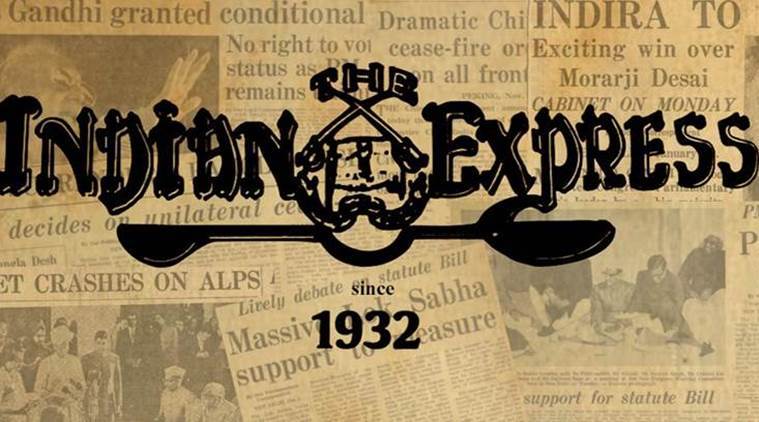 Agarwal’s opposition to the state’s hydrological projects stemmed from an insider’s knowledge.
Agarwal’s opposition to the state’s hydrological projects stemmed from an insider’s knowledge.
On Thursday, the Ganga lost its most ardent supporter. Environmentalist G D Agarwal died on the 112th day of a fast he had begun in June to demand measures to ensure the river’s smooth flow. A day before Agarwal’s death, Union Water Resources Minister Nitin Gadkari had said that the government had accepted his demands. A notification issued by the ministry on Wednesday said that “the government will ensure that the river has at least the minimum required flow of water even after it is diverted by projects for irrigation, hydropower, domestic and industrial uses”. By all accounts, this response did not satisfy the activist. His fast-unto-death should be sobering for a government that lays much store on its project to clean the river. It bares Namami Gange’s failure to meaningfully engage civil society representatives despite claims that it would eschew the top-down approach of its predecessors.
Agarwal’s opposition to the state’s hydrological projects stemmed from an insider’s knowledge. A University of California-trained environmental engineer, he worked as a design engineer in the UP government’s irrigation department. He headed the Civil Engineering Department of IIT Kanpur, and was the first member secretary of the Central Pollution Control Board. Agarwal served on the board of the National Ganga Basin Authority but resigned in 2012, alleging that the agency was not fulfilling its mandate of ensuring the uninterrupted flow of the river — aviral dhara. The life-long quest of the hydrologist-turned-activist seemed to find resonance in the government’s initial zeal to clean the Ganga — Namami Gange held up “aviral dhara” as its credo.
In a letter to Prime Minister Narendra Modi, during the fast that was to claim his life, the environmentalist wrote: “It was my expectation that you would make special efforts for the sake of Gangaji because you went ahead and created a separate ministry for all works relating to Gangaji.” The letter is scathing in its criticism of the government: “In the past four years, all actions undertaken by your government have not at all been gainful to Gangaji”. The octogenarian was particularly disappointed that the government had not done anything to ensure the minimum environmental flow — e-flow, or the water level at which the river performs all its ecological functions — for the Ganga. The notification issued a day before his death reportedly did not come up to the environmentalist’s standards because the e-flow rates were not based on scientific studies. The government has condoled Agarwal’s demise. It would do well to take note of his criticisms of its flagship project.